Cover manure during the rainy season. Photo credit: Jenne Reische, Clackamas SWCD
If you have livestock or horses, then you have manure! You may have a mountain of manure that grows daily. So, is it a problem or is it a benefit?
The Rain Has Finally Arrived!
Late fall rains are finally here, which is great news for fire prevention and pasture health, but bad news for nutrient run off on your property. If large piles of manure are open to the rain, it can be a problem. Water will soak through the pile and carry nutrients and bacteria away from the pile and into nearby streams or ditches. It can also soak into the ground and may pollute groundwater. You will also lose valuable nutrients that your pasture may need.
A simple solution is a tarp! Cover your manure pile with a heavy tarp and good weights to hold it down against strong wind. You will keep the beneficial nutrients and you will not be polluting streams or groundwater.

Use tarps to cover manure piles or bins. Photo credit Melissa Fery, OSU Extension Service
Tarps are temporary. What about a permanent solution? Consider a manure storage shed. This is a simple three-sided shed with a roof to keep the rain out. A shed is easier to manage than a tarp when doing daily chores.

A covered compost bin is a more permanent solution to covering manure. Photo credit: Pierce CD
You may also compost manure in a shed such as this three-bin shed.

Three bin manure composting system at Beaver Lake Stables.
Composting Manure
What is composting? It is controlling the breakdown of natural waste, such as plants, food, or manure! When you compost manure, it reaches a temperature that kills weed seed and bacteria. It also improves the smell. What is produced? A nutrient-rich compost that can be spread on a pasture or used in fields or gardens to improve soil health is the result of composting manure. This is the benefit!
Is composted manure better than “aged” manure? Yes! Manure that has been sitting around for long time without composting is still smelly. It can also have weed seed that will still grow and bacteria that can be harmful.
Get More Information
If you would like more information about manure management, including composting, contact the Clackamas Soil and Water Conservation District. We have conservation planners who can help you find ways to reduce your mountain of manure, make chores easier, and improve your pasture. Give us a call at 503-210-6000 or send a message to [email protected]. If you want to view our videos on pasture management, manure management or heavy use areas, go to https://conservationdistrict.org .

